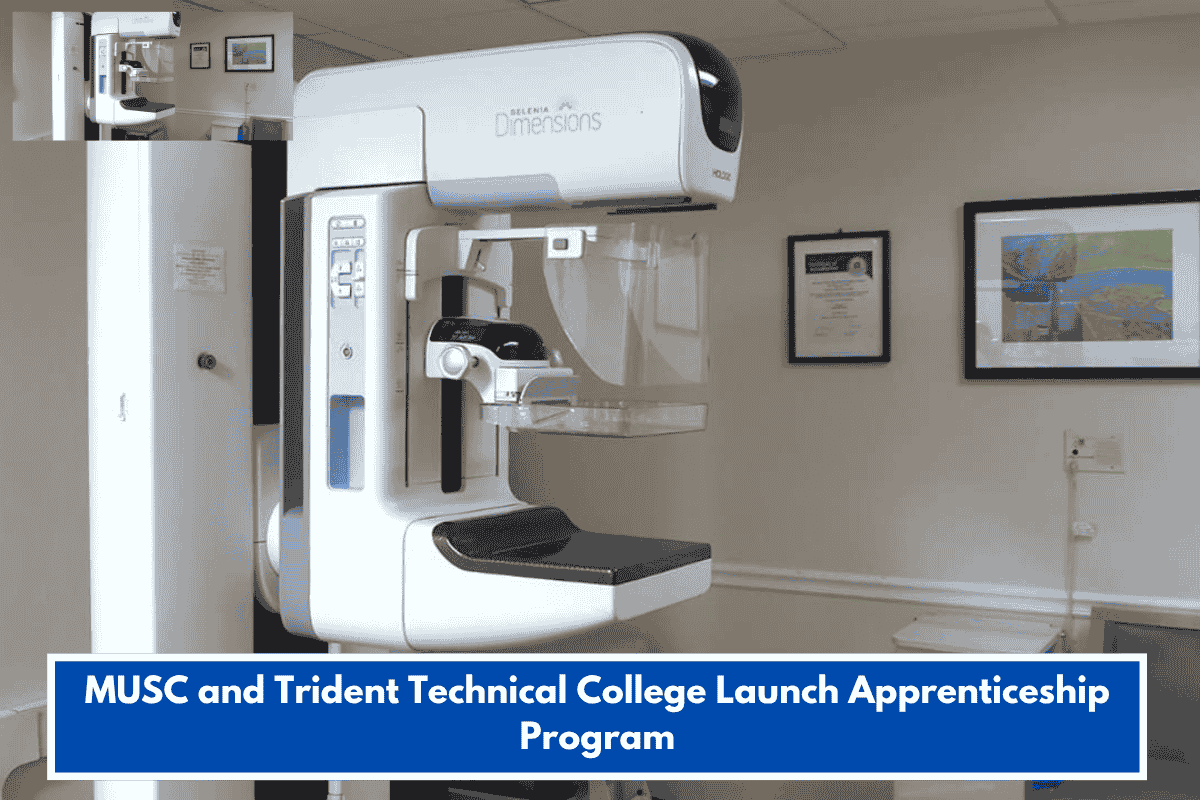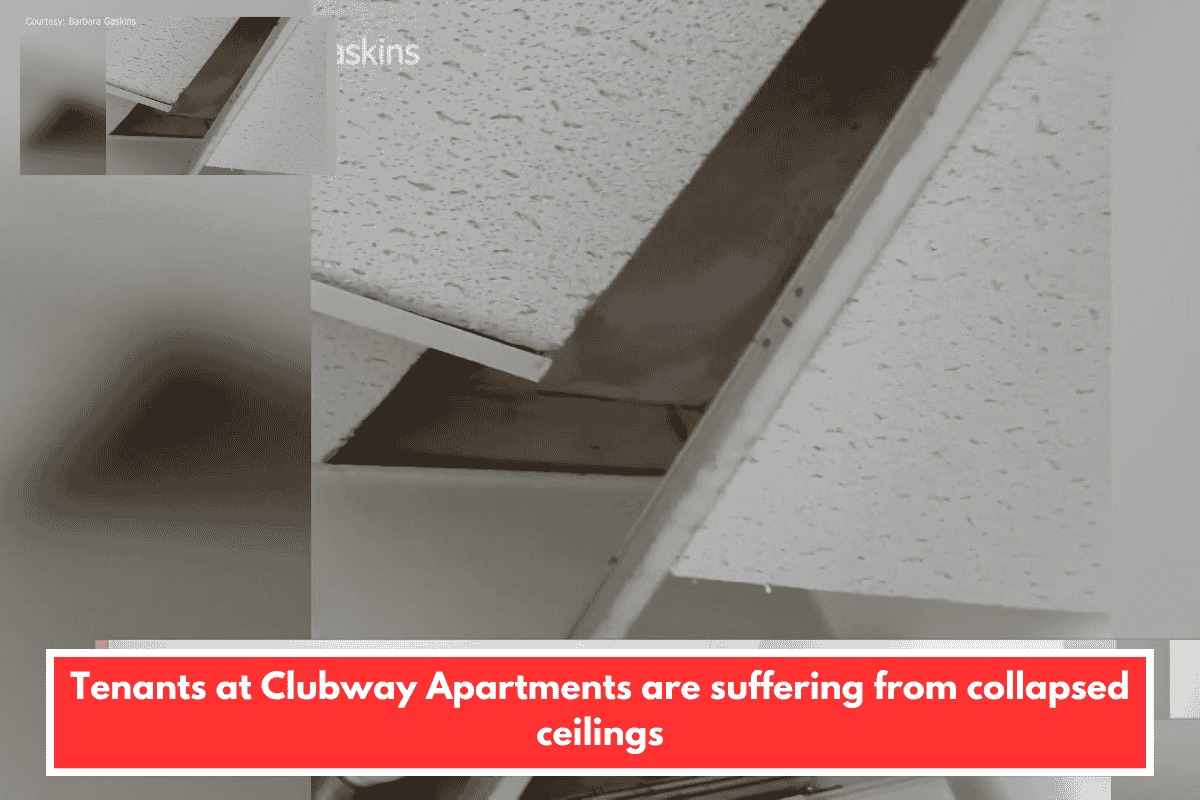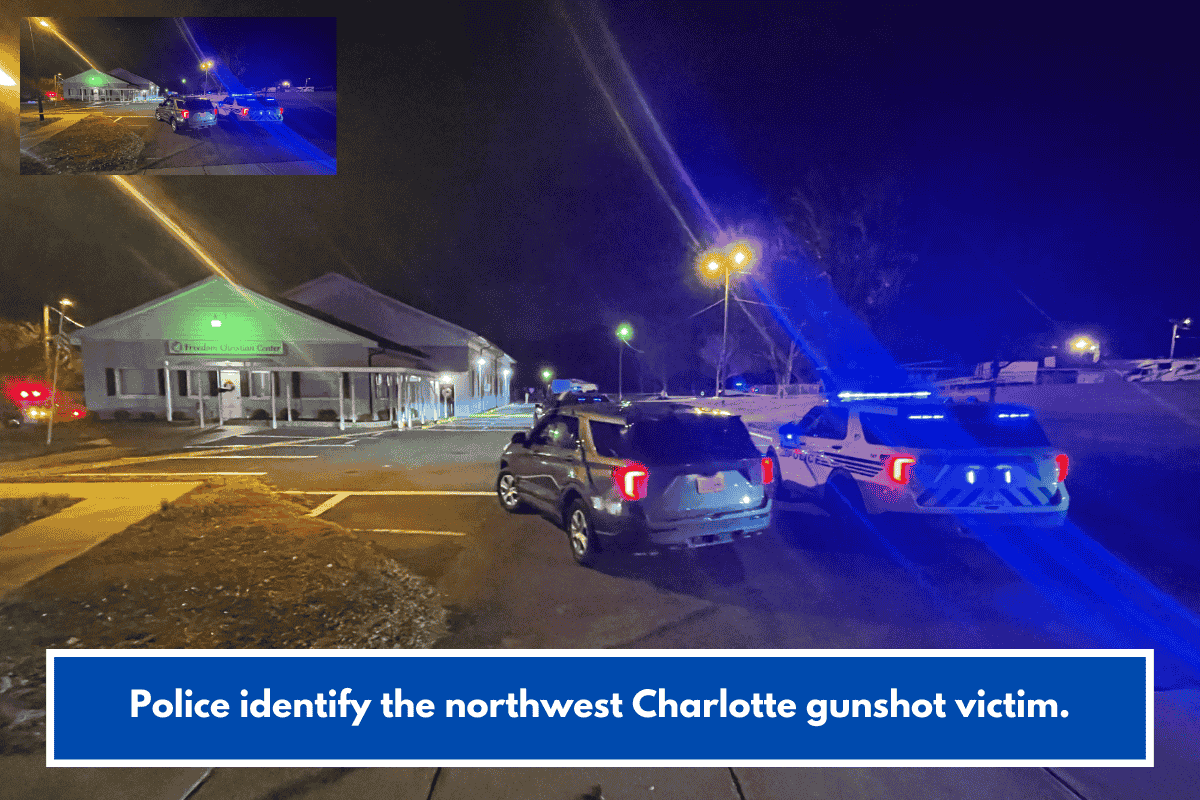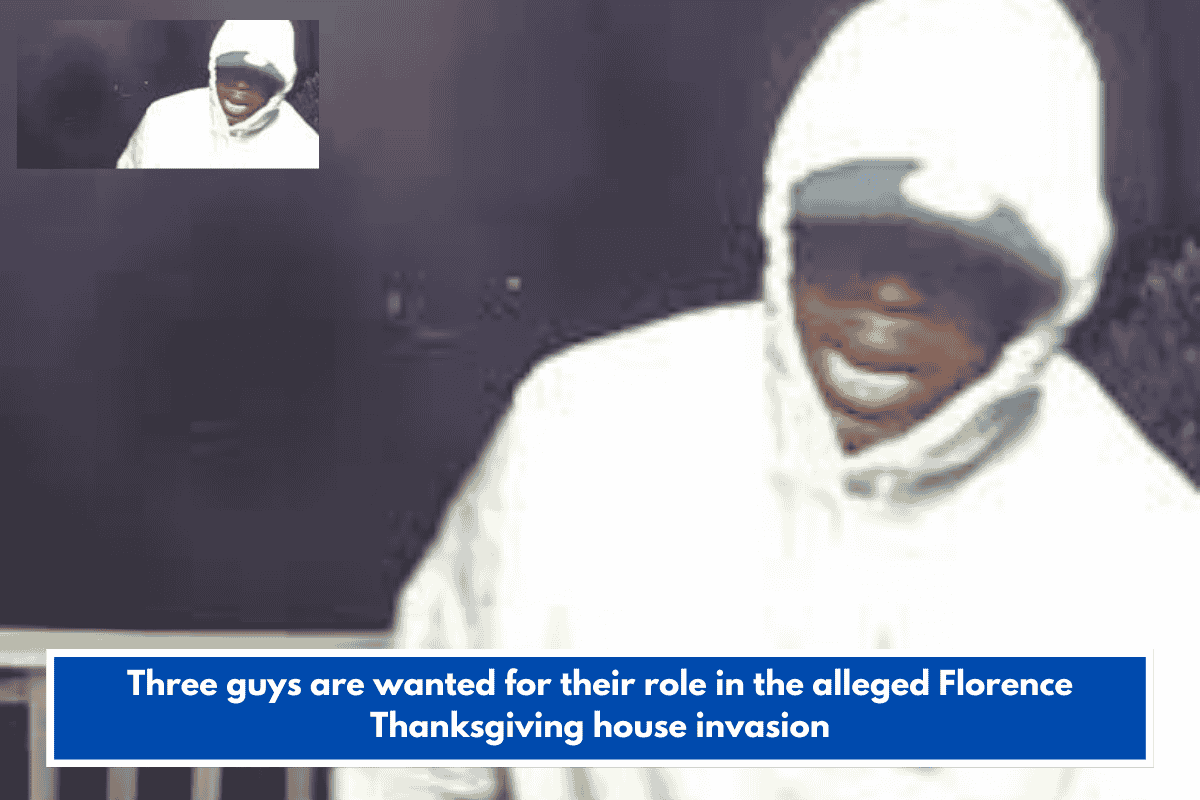Charleston, South Carolina – Lowcountry medical students will now have a new opportunity to obtain hands-on experience before entering more formal tech programs in their specialty.
The Medical University of South Carolina and Trident Technical College have launched an apprenticeship program to train students in medical imaging ahead of radiologic technology programs.
The agreement addresses a significant difficulty in healthcare education, with waitlists for Trident Tech’s radiologic technologists program lasting up to two years, the longest of any health science program at the college.
The bottleneck originates from the necessity that each student be paired one-on-one with a preceptor, a technologist who oversees their diagnostic imaging training. This limits the number of pupils that schools may take because there aren’t enough technicians to train them all.
Program covers the gap for waitlisted students.
The new apprenticeship program permits students who have been on the waitlist for at least two years for the radiologic technology program to begin accumulating experience at MUSC. The pilot program is presently accepting two students and runs for two to four years, with intentions to expand in the near future.
Jonathan Valentine, MUSC’s director of workforce development, stated that interest in healthcare vocations among Charleston County School District students had increased by 40% in recent years.
“(There’s) a lot of interest at that age in that age group, but they don’t know exactly what their options are,” Valentine told me. “To get somebody in at an early age, get them in the environment and let them make those choices and then provide them with the mentors or preceptors to help them grow those skills.”
Valentine explained that the initiative targets instances like his niece’s, a dual-enrolled high school student who has finished every health certification available but is currently awaiting the next step.
“Even being a dual-enrolled high school student, she again has to reapply in the spring to know if she’s going to be able to get into the program in the fall,” Valentine told me. “With a program like this, when we’re able to scale it up and spread it across the state, students can actually start training and being in the hospital, applying skills and getting paid immediately.”
Increased need for medical imaging expertise.
Valentine predicted that demand for medical imaging professionals will increase by at least 15% in the future years. The competitive program enables universities to be more selective while meeting workforce needs.
While waiting for program vacancies, students can get field experience without formal training through the collaboration. MUSC and Trident intend to expand the program throughout the state in the future years.









